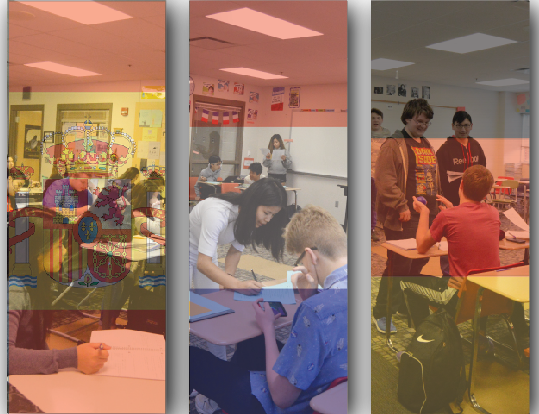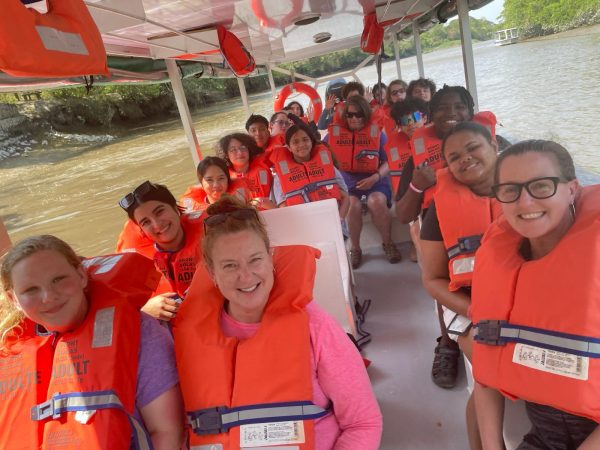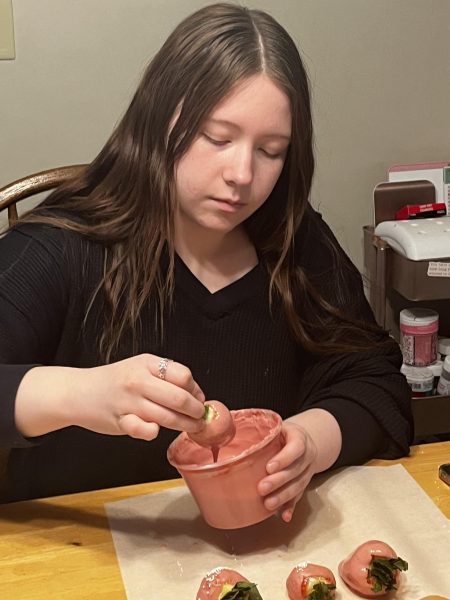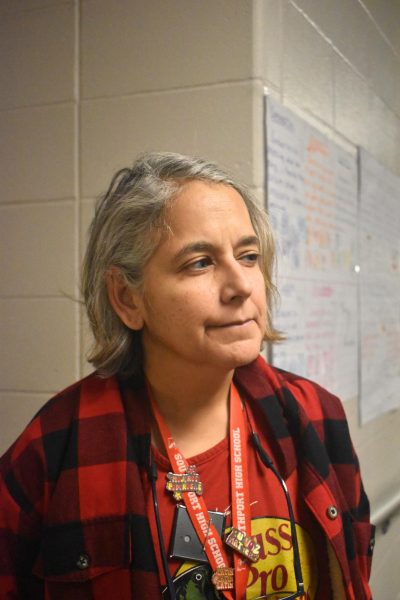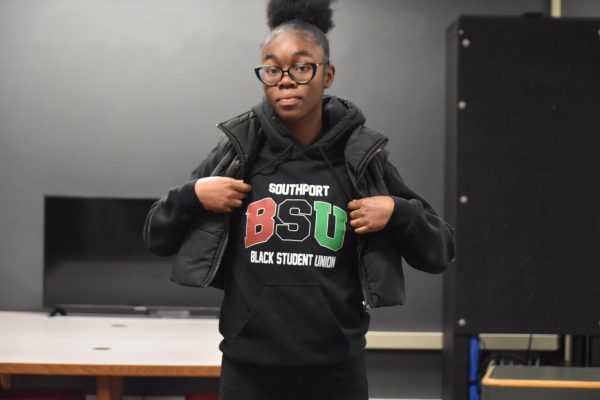Enriching new experiences
What are the benefits of taking a foreign language in high school, and what does it do for students in their future?
Rather than spending her first year out of high school at a university, senior Becca Hiller plans to put her language skills to use on a mission trip to Haiti, where one of the languages spoken is French.
Students that may be in a similar position to Hiller can see the potential opportunities that being in a foreign language provides.
“I just think it’s really important,” Hiller said. “I really want to learn as much as I can now that I have that opportunity.”
Hiller has taken the language since seventh grade, and she recommends that everyone continue foreign language classes in high school due to the benefits it can bring.
One benefit of taking a foreign language at SHS is that it can help lead to receiving an Academic Honors Diploma, as it is a requirement for this diploma that future graduates must take two years in two languages or three years in one language. Some students and teachers, however, believe the benefits from taking foreign language in high school lie beyond graduation requirements.
According to a survey conducted by The Journal of 203 students in Foreign Languages, 72.3% are planning to take a language next year. Of the students surveyed, 39.6% are in an upper level class.
“(Teachers of world languages have) all benefited so much from it,” German teacher Chris Sponsler said, adding later on that. “We want kids to go deeper into the language so that they have more opportunities.”
Senior Lauren Stucky originally wasn’t sure if she wanted to continue taking Spanish after fulfilling the requirements due to wanting to take another AP class. However, since she decided that she wants to minor in Spanish, she realized that it would be best not to miss a year of taking the language and potentially falling behind.
Stucky’s sister studied abroad in Spain, a fact that influenced Stucky to pursue Spanish. Stucky believes that being bilingual is a very beneficial skill to have in life that helps broaden an individual’s knowledge.
“More than anything, though, I think it makes you a smarter person because you have to think in ways that you’re not used to, and you honestly learn a lot,” Stucky said.
Last year, the Foreign Language department introduced a National Honor Society chapter for students who have continued to take a language past the requirements. The society is a way to recognize students’ efforts for sticking with the language and to honor all of the hard work that they have put into it.
There are many benefits to taking a foreign language, according to Sponsler. One is that students can choose to spend a year abroad. If a student chooses to do so in Germany, for example, when they come back to the U.S., they will have received a certificate that allows them to go into the German University System, which is essentially free college.
“I’ve had a student spend his junior year in Germany,” Sponsler said. “That was really kind of cool.”
According to Indiana Department of Education’s EL specialist Georgina Mayorga-Schneider, there are a lot of benefits when it comes to an economical aspect. In a student’s future, employers are going to want to hire people who reflect the customers that they’re serving.
“Being able to serve your customers as bilingual is going to make you so much more appealing to future employers,” Mayorga-Schneider said.
There is more to it though than just the economical side. Being bilingual is a huge asset in today’s society and allows you to communicate in a multilingual world. It fosters tolerance and community by getting people to interact better with neighbors and colleagues.
“Communicating with one another, whether you’re speaking in English or whether you’re trying to understand different languages, is a first step in understanding an acceptance,” Mayorga-Schneider said. “So, I think learning a language helps to better understand someone else’s culture and starts to chip away at bias attitudes that might be present in today’s society.”
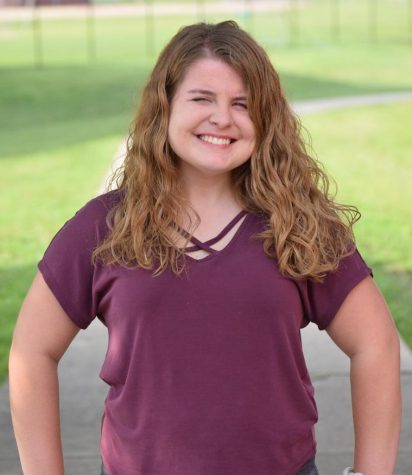
Hi! My name is Tabatha Fitzgerald, but most of friends call me Tabbs or Tabby. This is my second year on the Journal, and I am a features writer. I’m...


